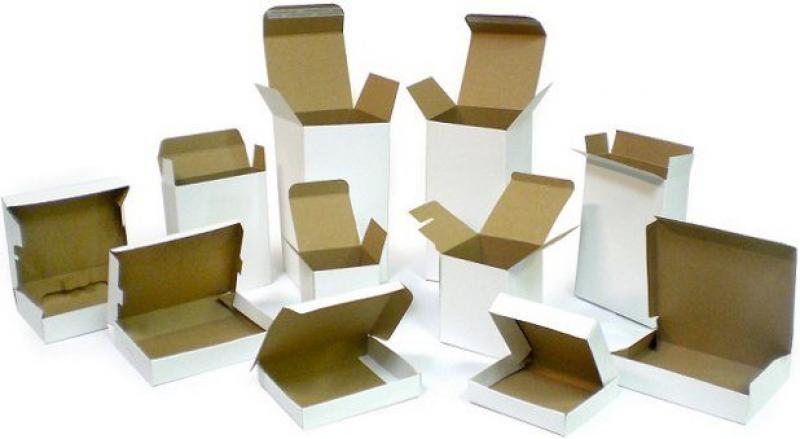The folding cartons market is a vital segment of the global packaging industry, offering versatile and eco-friendly packaging solutions for a wide range of products. Folding cartons, also known as paperboard cartons or boxboard packaging, are widely used due to their lightweight, cost-effectiveness, and ability to be easily customized. In this article, we explore the dynamics of the folding cartons market, its key drivers, sustainable practices, and its growing significance in modern packaging solutions.
The Rise of Folding Cartons
Folding cartons have been a popular choice for product packaging for decades, owing to their adaptability and ease of use. They are commonly used in industries such as food and beverages, pharmaceuticals, cosmetics, personal care, and household goods. The market has witnessed significant growth due to the expanding retail sector, increasing consumer awareness about sustainable packaging, and the demand for visually appealing and shelf-ready packaging solutions.
Advantages of Folding Cartons
-
Eco-Friendly Nature: Folding cartons are predominantly made from renewable resources like paperboard, making them a sustainable and environmentally friendly option. They are recyclable and contribute to reducing plastic waste, aligning with the global movement towards greener packaging alternatives.
-
Customization and Branding: The folding cartons market offers extensive opportunities for customization, allowing brands to create unique and eye-catching packaging designs. High-quality printing techniques enable vibrant colors, captivating graphics, and enhanced branding to attract consumers' attention on store shelves.
-
Protection and Convenience: Folding cartons provide excellent protection to the packaged goods, ensuring product integrity during transportation and storage. Moreover, they are easy to assemble and can be designed with various features like windows, handles, and resealable closures, enhancing user convenience.
Sustainable Practices in the Folding Cartons Market
The growing awareness of environmental issues has prompted manufacturers in the folding cartons market to adopt sustainable practices throughout the packaging lifecycle. Several key initiatives have been taken to reduce the ecological impact of folding cartons:
-
Use of Recycled Materials: Many folding carton manufacturers now use recycled paperboard in their production, minimizing the demand for new raw materials and reducing the overall carbon footprint.
-
Forest Stewardship Council (FSC) Certification: To ensure responsible sourcing, some folding carton suppliers obtain FSC certification, indicating that the paperboard used comes from sustainably managed forests.
-
Biodegradable Coatings: Eco-friendly coatings and inks are increasingly being utilized to enhance the recyclability of folding cartons, making them more compatible with existing recycling processes.
Conclusion
The folding cartons market continues to play a significant role in the packaging industry's evolution towards sustainability and consumer-driven solutions. As brands and consumers prioritize eco-friendliness and visual appeal, folding cartons offer a compelling choice for packaging various products. With ongoing efforts to further improve the recyclability and eco-friendliness of these packaging solutions, the folding cartons market is poised to maintain its growth trajectory while contributing to a greener and more environmentally conscious packaging landscape.
